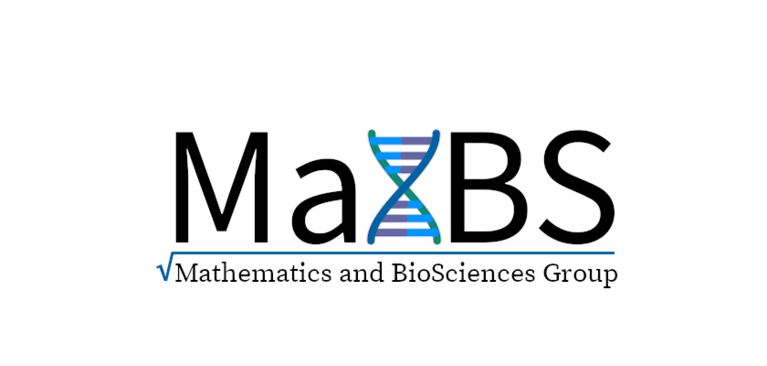Positions
...sorry, no open positions currently!
Furthermore...
... new opportunities may always arise, and interested students are encouraged to contact Joachim Hermisson or one of the staff members. We can then talk about future job openings, joint grant applications etc. However, to receive consideration, please make clear your specific interest in mathematical biology and in the work of our group, as well as your specific qualifications. Inquiries without any direct relation to our work will not be answered.
